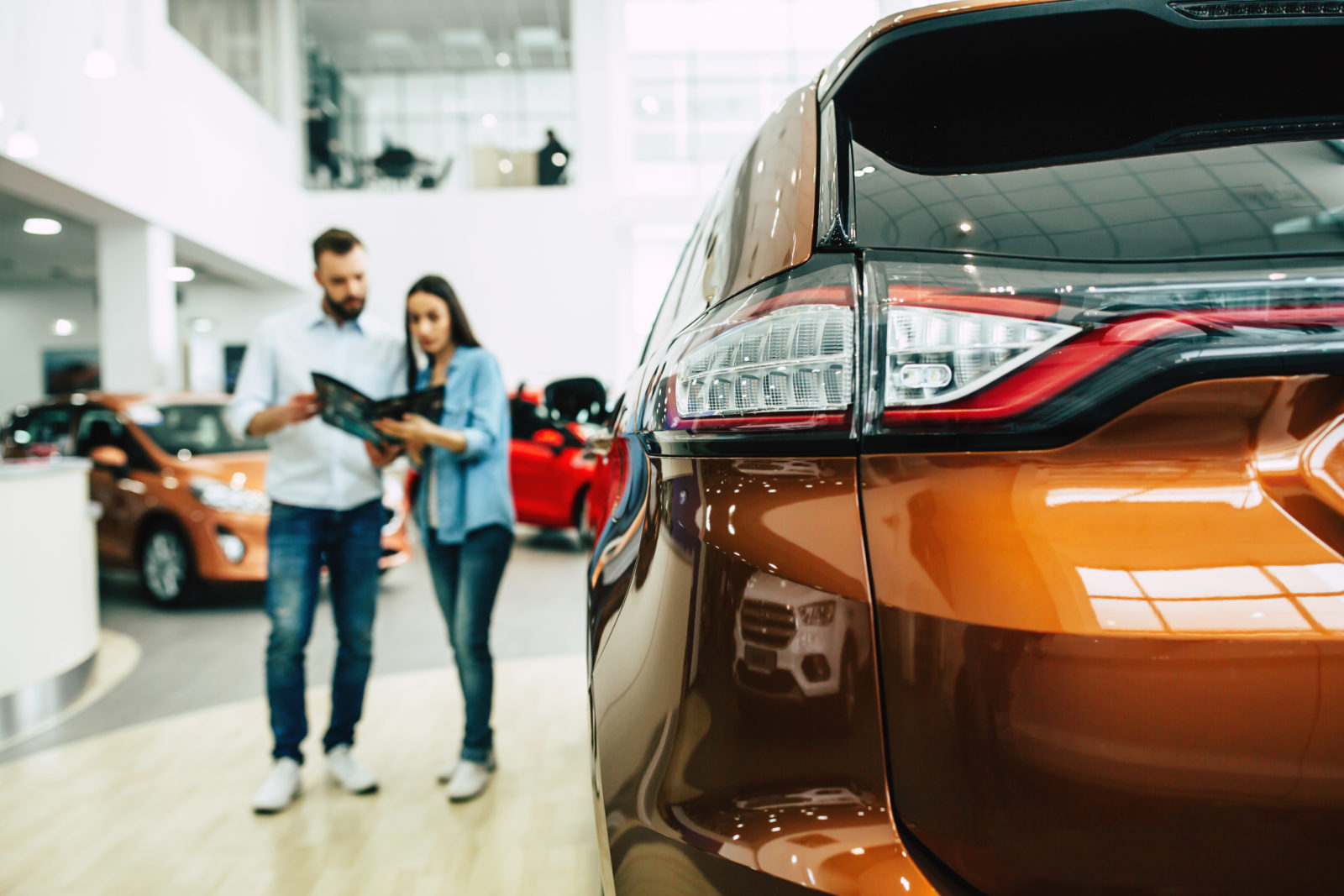Owning a car is something that many people strive for, as it offers the convenience of travel and freedom to move around. However, the process of purchasing a vehicle, especially a new one, is often accompanied by significant expenses and can be financially draining if not approached wisely. While new cars come with the appeal of the latest features and zero mileage, they also depreciate rapidly, losing value the moment they leave the dealership. This article provides practical tips on how you can minimise your new car expenses, focusing on savvy strategies to ensure that hitting the road doesn’t break the bank.
Choose Fuel-Efficient Models
Selecting a car with excellent fuel efficiency is another critical step in reducing ongoing costs. A vehicle that consumes less fuel will save you substantial amounts over time, especially with the fluctuating fuel prices. When considering fuel efficiency, take into account the car’s size, engine type, and weight, and opt for models known for their economical fuel consumption. Additionally, investing in a fuel-efficient car is not only good for your wallet but also beneficial for the environment, reducing carbon emissions and conserving energy resources.
Opt For A Pre-Owned Vehicle
One of the most effective ways to minimise car expenses is by opting for a pre-owned vehicle. A used car allows you to avoid the steep depreciation that occurs within the first few years of a new car’s life. This option provides the opportunity to acquire a car in good condition but at a fraction of the cost of a new one. Additionally, insurance and tax costs are typically lower for used cars, making them a more economical choice in the long run. If you’re looking for a used car in Wigan, consider reputable dealers such as Wavertree Car Centre to ensure quality and reliability in your purchase. Be sure to explore a variety of used cars in Wigan and select the one that suits your budget and needs.
Maintain Your Vehicle Regularly
Regular maintenance is paramount to extending your vehicle’s lifespan and ensuring it runs efficiently, reducing the likelihood of incurring hefty repair bills in the long run. This includes routine oil changes, tyre rotations, brake inspections, and keeping all fluids at the proper levels. A well-maintained vehicle is also more fuel-efficient, further cutting down on your expenses. It’s essential to follow the manufacturer’s maintenance schedule and address any issues promptly, even if they seem minor, to prevent them from escalating into major, costly repairs. Regular check-ups can also help in retaining the car’s value, proving beneficial if you decide to sell or trade it in the future.
Secure A Favourable Finance Deal
While paying in cash is the ideal way to purchase a car, it might not be feasible for everyone. If you’re considering financing your car purchase, shop around for the best financing deals and interest rates. It’s crucial to read the terms and conditions carefully, understand the repayment terms, and ensure the monthly payments are affordable. Additionally, consider making a substantial down payment to reduce the loan amount, and if possible, opt for a shorter loan term to decrease the total interest paid.
Take Advantage Of Discounts And Promotions
Always be on the lookout for discounts, promotions, or special offers available when purchasing a car. Many dealerships provide seasonal promotions, cashback offers, or discounts, which can significantly reduce the purchase price. Additionally, explore the possibility of receiving discounts based on memberships, employment, or even negotiation. Don’t hesitate to ask the dealer about any ongoing promotions or discounts that you could benefit from. Every penny saved counts, and these reductions can help in alleviating the overall financial burden of acquiring a new car.
Assess Your Insurance Options
Insurance is a mandatory aspect of car ownership, but it can also be one of the more significant recurring expenses. To minimise this cost, compare insurance quotes from different providers to find the most competitive rates and adequate coverage. Consider factors such as your car’s make, model, and age, and opt for a policy that best suits your needs and budget. Additionally, maintaining a good driving record and opting for higher deductibles can also help in securing lower premium rates, ensuring that you’re adequately covered without overstretching your finances.
Create A Realistic Budget
When venturing into car ownership, it’s imperative to establish a budget that’s not only realistic but also inclusive of all foreseeable expenses. A well-thought-out budget should factor in not just the purchase price, but also the cost of insurance, maintenance, fuel, and any potential loan interest if you are financing your purchase. Allocating funds for unforeseen repairs is also wise, as it can cushion the financial impact should any unexpected issues arise. By sticking to a carefully planned budget, you can avoid financial strain and ensure that your new vehicle is a source of convenience and enjoyment, rather than a financial burden.








Leave a Reply
View Comments